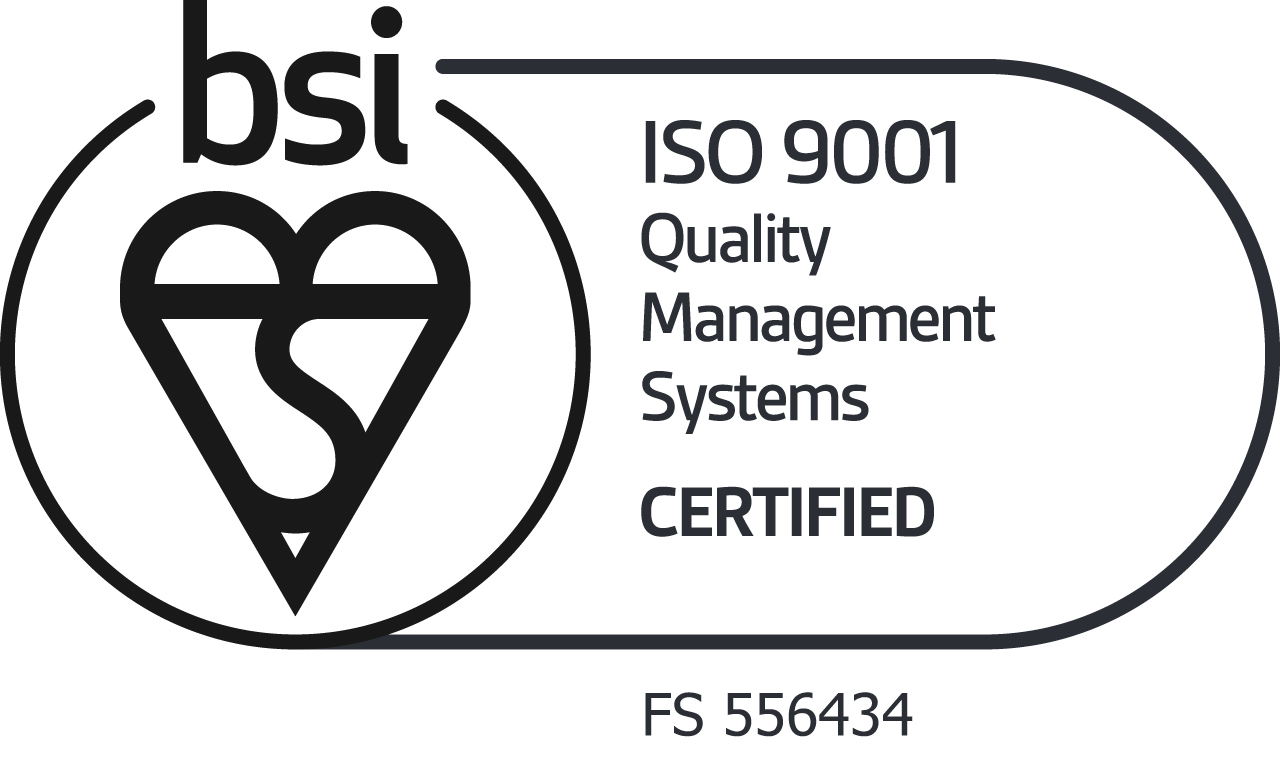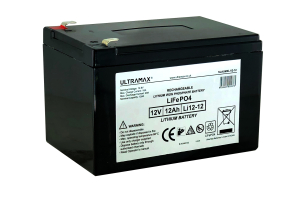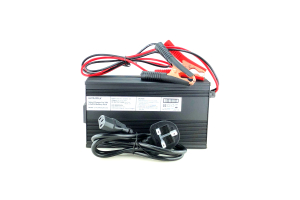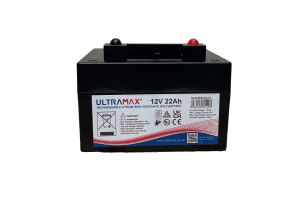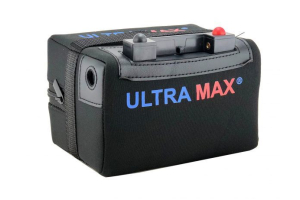Are Sealed Lead Acid Batteries Hazardous? Uncovering the Truth
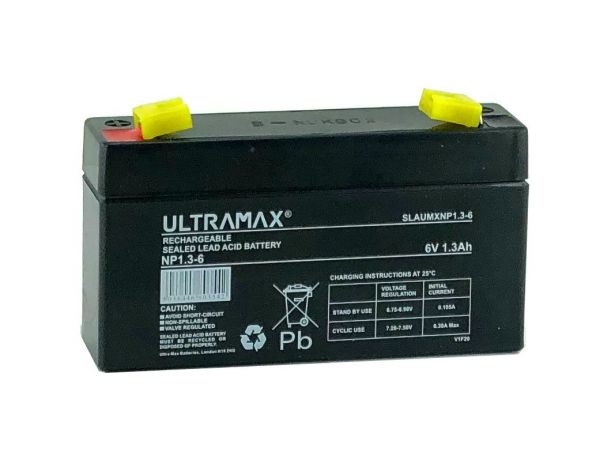
Are Sealed Lead Acid Batteries Hazardous? Uncovering the Truth
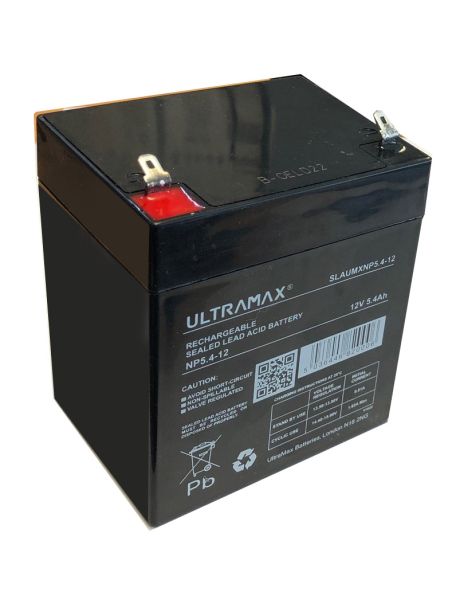

Sealed lead acid batteries have become an essential part of our daily lives, powering various applications like backup power systems, vehicles, and solar energy storage. However, there's a question that often arises: Are these batteries hazardous? In this article, we will dive deep into the world of sealed lead acid batteries and explore whether or not they pose any risks to our health and the environment. We will examine the main components of these batteries and discuss how they function. Additionally, we will address common concerns related to potential leakage, chemical hazards, and proper disposal methods. Understanding the potential hazards associated with sealed lead acid batteries is crucial for ensuring the safety of both individuals and the environment. By examining the facts and dispelling myths, we can make informed decisions about their use and disposal. So, if you've ever wondered about the safety of sealed lead acid batteries, keep reading to uncover the truth behind these power sources. Join us as we debunk myths and shed light on the safety aspects of sealed lead acid batteries, providing you with the knowledge you need to make informed decisions. Let's explore this important topic together!
Understanding the Hazards of Sealed Lead Acid Batteries
Picture this: You're setting up a backup power system for your home, and you come across a sealed lead acid battery. Should you be worried? Let's break it down.
Sealed lead acid batteries contain, you guessed it, lead and sulfuric acid. While these components are safely sealed within the battery, they can pose risks if the battery is damaged or improperly handled. The lead is toxic if ingested or inhaled, and the sulfuric acid can cause severe burns. But don't panic just yet! When used correctly, these batteries are designed to be safe and reliable.
Environmental Impact of Sealed Lead Acid Batteries
Now, let's talk about Mother Earth. Are sealed lead acid batteries her friend or foe?
The good news is that sealed lead acid batteries are highly recyclable. In fact, they're one of the most recycled products in the world! However, if not disposed of properly, they can have a negative impact on the environment. Lead can contaminate soil and water, harming plants and animals. The acid can also cause damage if it leaks into the ecosystem. But here's the silver lining: with proper recycling, we can mitigate these risks and even recover valuable materials.
Proper Handling and Disposal of Sealed Lead Acid Batteries
So, how do we keep ourselves and the environment safe? It's all about proper handling and disposal.
When handling sealed lead acid batteries, always wear protective gear like gloves and safety glasses. Keep them upright to prevent any potential leakage. And when it's time to say goodbye to your trusty battery, don't just toss it in the trash! Take it to a certified recycling center or a battery retailer that offers recycling services. Many auto parts stores and electronics retailers have battery recycling programs. It's easy, responsible, and helps close the loop on these valuable resources.
Regulations and Guidelines for Handling Sealed Lead Acid Batteries
You'll be glad to know that there are strict regulations in place to ensure the safe handling of sealed lead acid batteries.
In the UK, the Environmental Protection (Duty of Care) Regulations 1991 and the Hazardous Waste Regulations 2005 govern the handling and disposal of these batteries. These regulations require proper labeling, safe transportation, and appropriate recycling or disposal methods. Always check local guidelines to ensure you're following the latest requirements.
Common Misconceptions About Sealed Lead Acid Batteries
Let's bust some myths, shall we?
Myth 1: "Sealed lead acid batteries are constantly leaking harmful chemicals."
Reality: When intact and properly maintained, these batteries are designed to be leak-proof.
Myth 2: "You can't travel with sealed lead acid batteries."
Reality: You can, but there are regulations to follow, especially for air travel.
Myth 3: "All lead acid batteries are the same."
Reality: There are different types, each with unique characteristics and applications.
Safety Precautions When Working with Sealed Lead Acid Batteries
Safety first, always! Here are some tips to keep in mind:
1. Keep batteries away from sparks and flames.
2. Ensure proper ventilation in battery storage areas.
3. Never attempt to open a sealed battery.
4. Clean up any spills immediately with baking soda to neutralize the acid.
5. Regularly inspect batteries for signs of damage or wear.
Benefits of Using Sealed Lead Acid Batteries
Despite the potential hazards, sealed lead acid batteries have some fantastic benefits:
1. Cost-effective and reliable
2. Low self-discharge rate
3. Ability to deliver high currents
4. Wide operating temperature range
5. Long shelf life when properly maintained
Conclusion: Making Informed Decisions About Sealed Lead Acid Batteries
So, are sealed lead acid batteries hazardous? The answer isn't a simple yes or no. While they do contain potentially harmful materials, when used and disposed of properly, the risks are minimal. The key is knowledge and responsible handling.
By understanding the potential hazards, following safety guidelines, and ensuring proper recycling, we can harness the power of sealed lead acid batteries while minimizing risks to ourselves and the environment. Remember, every battery has a story – make sure yours has a happy ending by being a responsible user!
At Battery Masters, we're committed to providing you with safe, reliable power solutions. Whether you're looking for sealed lead acid batteries or exploring alternatives, we're here to help you make the best choice for your needs. Visit our website or give us a call to learn more about our range of battery options and how to use them safely and effectively.
Power up responsibly, and let's keep the energy flowing – safely and sustainably!
Explore our range of UltraMax LiFePO4 Batteries!




-
 UltraMax 12V 100Ah DIN AGM Batteries for Caravans/MotorhomesSpecial Price £141.99 Regular Price £179.98
UltraMax 12V 100Ah DIN AGM Batteries for Caravans/MotorhomesSpecial Price £141.99 Regular Price £179.98
3 Item(s)

